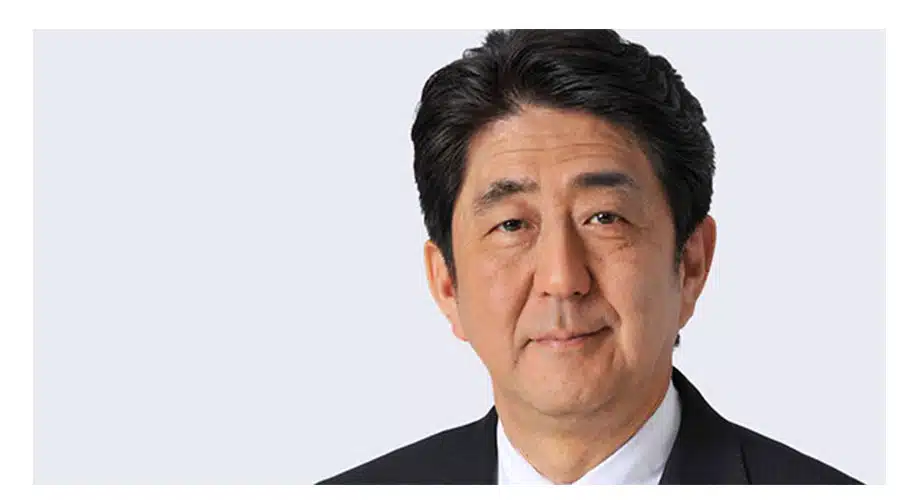Snap elections: The ratings game
With his much-improved political ratings, Japan’s Prime Minister Shinzo Abe is considering calling a snap election for as early as Oct. 29 that may capitalize on NHK polls showing two-thirds of voters favor his hardline stance against North Korea, as Abe seeks to revise Japan’s pacifist constitution, reports Bloomberg News.
Other promises the Abe administration is touting are pledges to increase spending on education and childcare, in part by bumping up sales tax revenue to 10 percent from 8 percent, reports Reuters. While some of these funds would go to education and help create a “social security system for all generations,” a smaller portion of current sales tax revenue would go toward decreasing government debt, concerning those focused on fiscal discipline.
“I am skeptical about the consensus that Abe will call a snap election because doing so poses a risk, albeit small, to his agenda of constitutional revision,” Jeffrey Kingston, director of Asian studies at Temple University Japan, told Reuters.
But holding a snap election could be a gamble Abe may be willing to take. It could help his Liberal Democratic Party and the Komeito, its junior party, maintain their two-thirds majority in the lower house of parliament as the opposition party struggles with low ratings and leadership changeover, and while a budding, but not registered, “Japan First” party tied to Tokyo’s popular governor, Yuriko Koike, has yet to produce a platform, reports Reuters.
But perceived momentum going into a snap election does not always turn out as one had hoped. Just ask U.K. Prime Minister Theresa May. The snap election she called for in the United Kingdom earlier this year resulted in a hung parliament and a politically weakened May entering Brexit negotiations.

